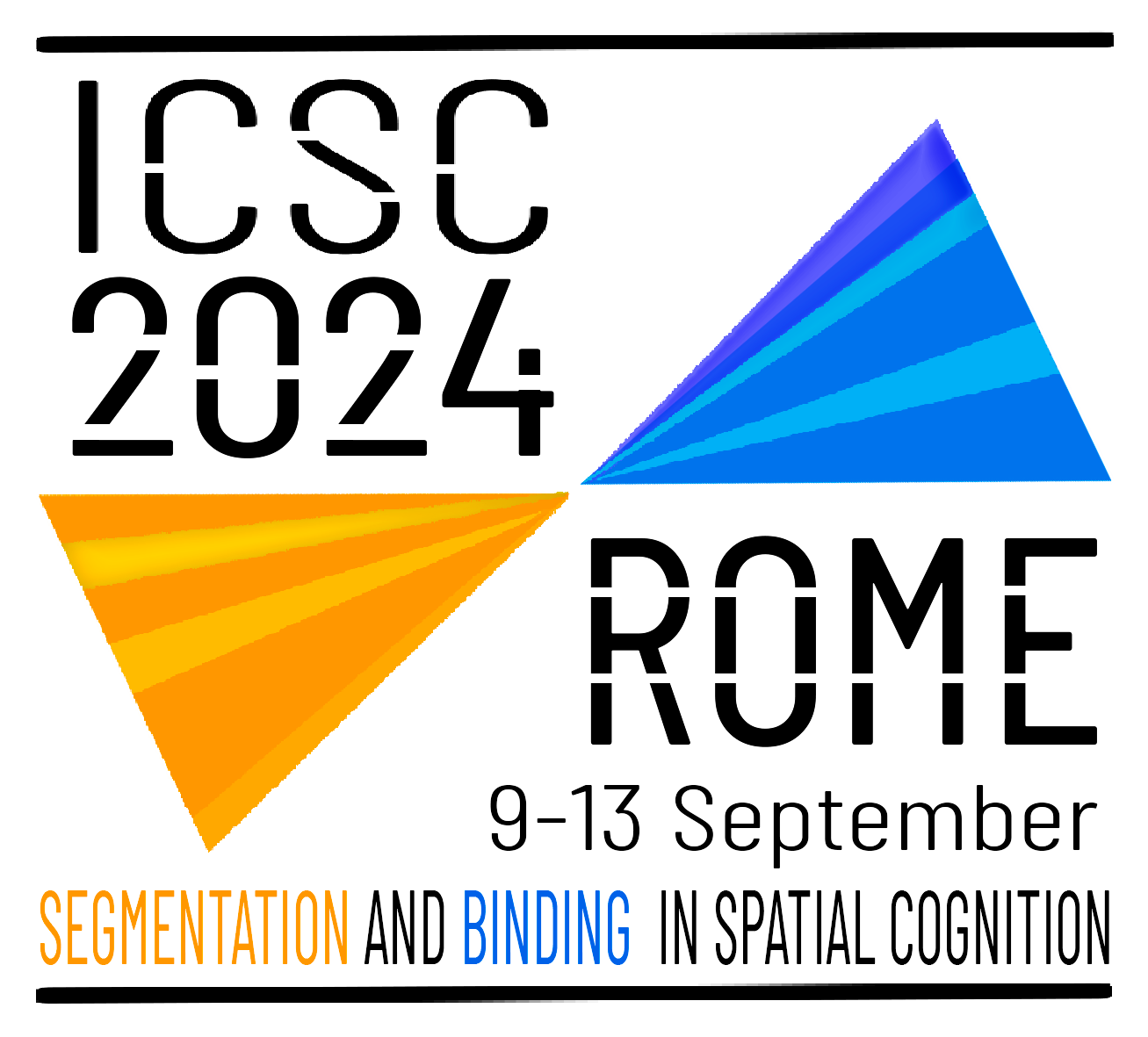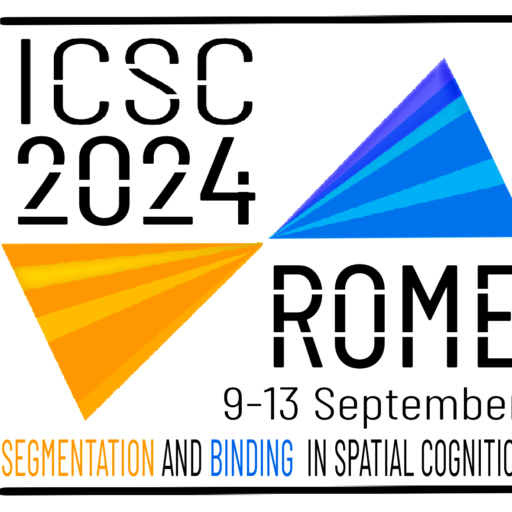We are pleased to announce that ICSC 2024 will host the following tutorial. Participation is free for all registered conference participants. For all others the participation fee is €50, to be settled on site. Prior reservation is strongly recommended. Please contact the ICSC 2024 Organizing Committee: icsc.rome@gmail.com
Neuroimaging of space for beginners: a tutorial for graduate students and cognitive neuroscience instructors
Organizers:
Franco Delogu (Lawrence Technological University) & Franco Pestilli (University of Texas at Austin)
Brief description:
The tutorial provides instructors and graduate students with accessible yet powerful tools to blend theoretical knowledge with practical experience using authentic neuroimaging data on spatial cognition. You’ll gain the skills to mentor undergraduates in their understanding of neuroimaging basics, extracting data from open-access datasets, and organizing, visualizing, and analyzing MRI data. Theoretical focus centers on brain regions related to spatial cognition.
Detailed description:
In this tutorial, we aim to deliver hands-on training in a novel approach to teaching neuroscience of space, particularly targeting institutions lacking infrastructure for neuroimaging education. The tutorial will blend a course-based research pedagogical model with the utilization of brainlife.io.
Course-based research experiences (CRE) involve primary research integrated into regular undergraduate courses. This approach proves highly effective in promoting inclusion and diversity in STEM education by broadening access to research opportunities and enhancing students’ persistence and success, thus influencing their career paths positively. Key advantages of CRE include scalability, enabling the simultaneous involvement of numerous students, early-stage intervention starting as early as the freshman year, and lack of selection bias, as it allows all students in a course to engage in original research.
Brainlife.io serves as a comprehensive big data neuroscience cloud platform offering access to services featuring data management and processing algorithms for neuroimaging. The platform’s mission revolves around fostering collaboration among scientists, educators, and trainees across psychology, neuroscience, engineering, and computer science disciplines.
The tutorial’s objective is to equip instructors and graduate students, regardless of their prior experience in computational neuroscience, with straightforward yet potent tools to seamlessly integrate theoretical knowledge with practical research experience in neuroimaging data. Following the tutorial, participants will be adept at guiding undergraduate students to form research teams, grasp the fundamentals of neuroimaging in spatial cognition, manipulate, visualize, and analyze magnetic resonance imaging data, and document their findings in a research report. The theoretical emphasis will center on brain regions implicated in spatial cognition, particularly focusing on the hippocampus.

